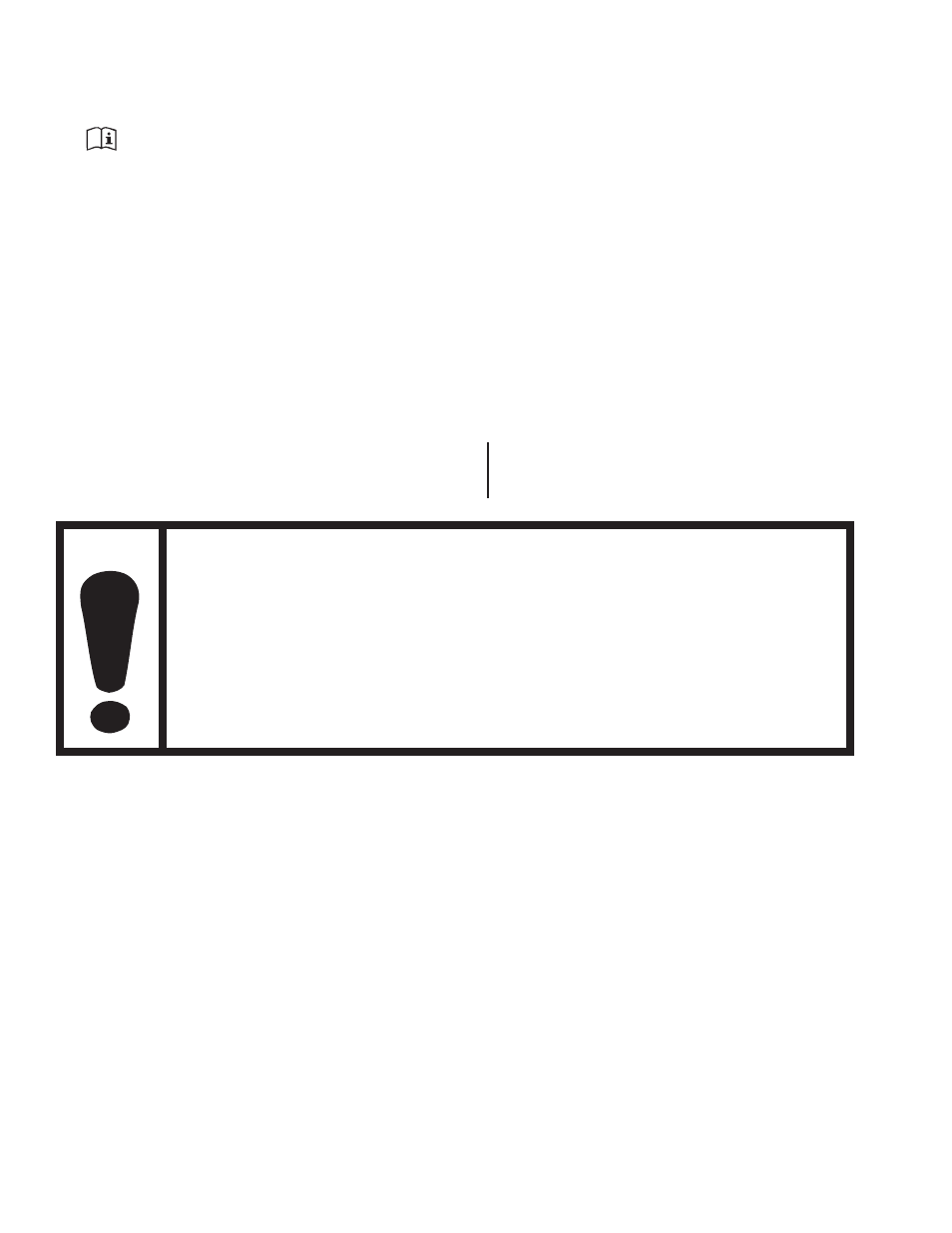Cybex 8800 Bravo Medical User Manual
Page 5

5
Cybex Bravo 8800/8810 Owner’s Manual
Facility Safety Precautions
•
Read the Owner’s Manual carefully before assembling, servicing or using the equipment.
•
It is the sole responsibility of the user/owner or facility operator to ensure that regular maintenance
is performed.
•
Inspect the equipment for worn or loose components prior to use. Tighten/replace any loose or
worn components before to using. Pay close attention to belts, cables, grips or pulleys and their
connections. Always look for potential problems in equipment condition. Loose components should
be tightened to function properly. Replacing worn components maintains the equipment is in the
best condition for regular use.
•
To maximize stability, securely anchor each machine to the floor using the anchor holes provided
in each machine. Each machine must be set up, anchored, and operated on a solid level surface.
Do not install equipment on an uneven surface!
D A N G E R !
Death or serious injury will occur if the
following requirements are not met:
Cybex is not able to anchor the equipment due to local building codes.
The owner is responsible for the actual anchoring of equipment.
Consult with a professional contractor.
Use fasteners having a minimum of 2,22o newtons tensile capacity.
If legs/frame does not contact surface, DO NOT pull down with
anchors. Shim any leg or frame not in contact with surface using flat
washers.
•
Ensure that all users are properly trained on how to use the equipment.
•
This machine does not have range limiting devices. Check range movement of patient carefully
before using equipment. Select resistance according to the individual indications. If you are unsure
then start at lowest level. Perform excercise using smooth controlled movements.
•
Verify there is enough room for safe access and operation of the equipment. Spacing requirements
for each piece of equipment vary depending on placement. The Assembly section gives equipment
dimensions but it is up to the facility to verify there is clearance between and around each machine
to operate without interference.
•
Perform regular maintenance checks on the equipment as detailed in the Maintenance section
of this manual. Inspect all areas most susceptible to wear, including, (but not limited to) cables,
pulleys, belts, and grips.
•
Immediately replace worn or damaged components. If unable to immediately replace worn or
damaged components then remove from service until the repair is made.
